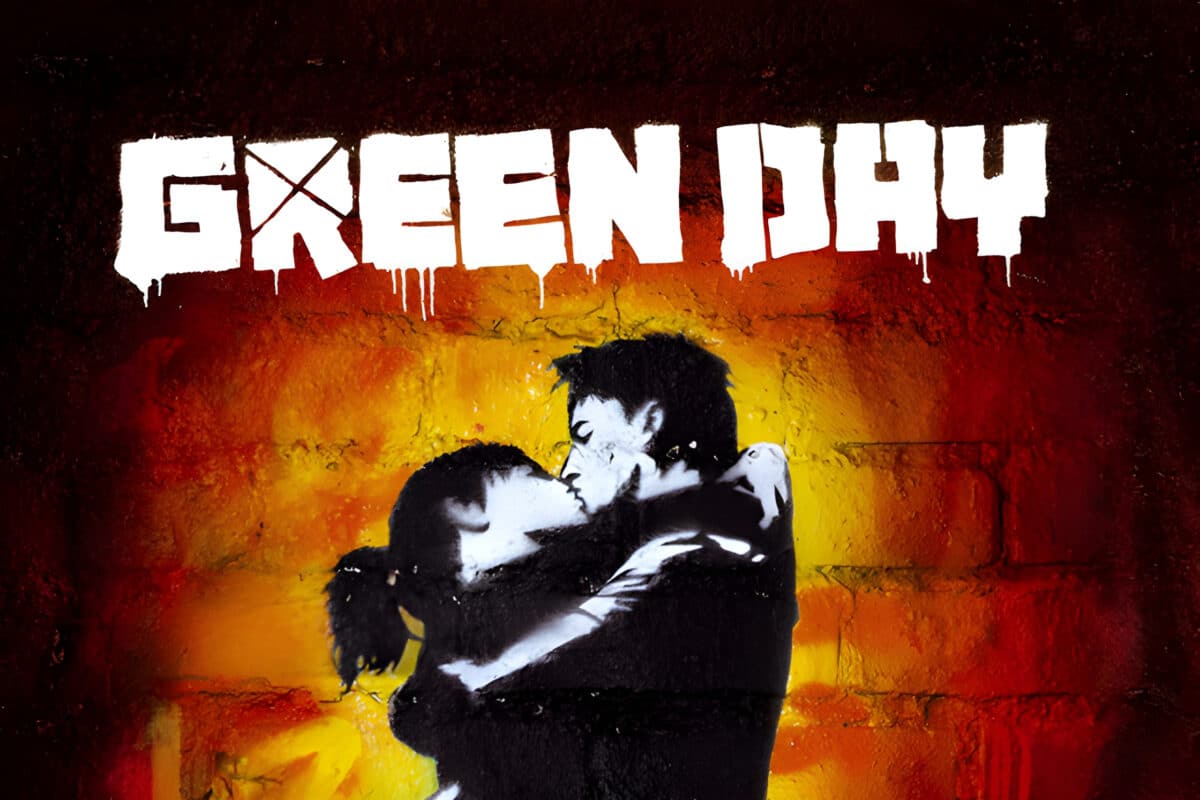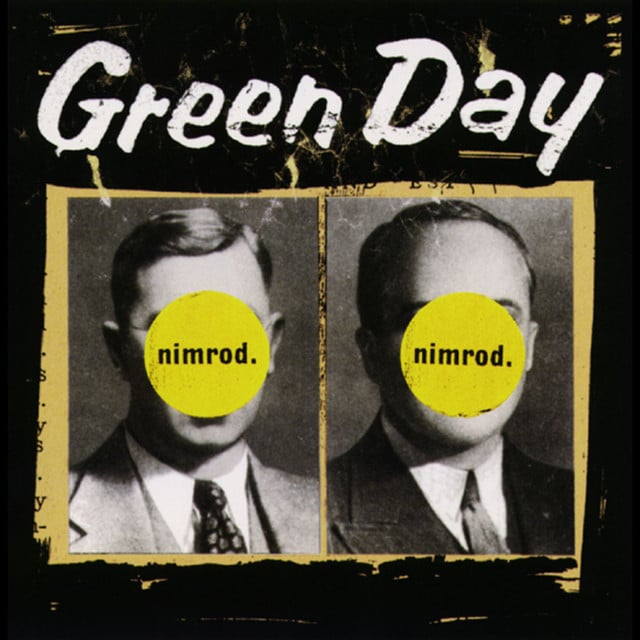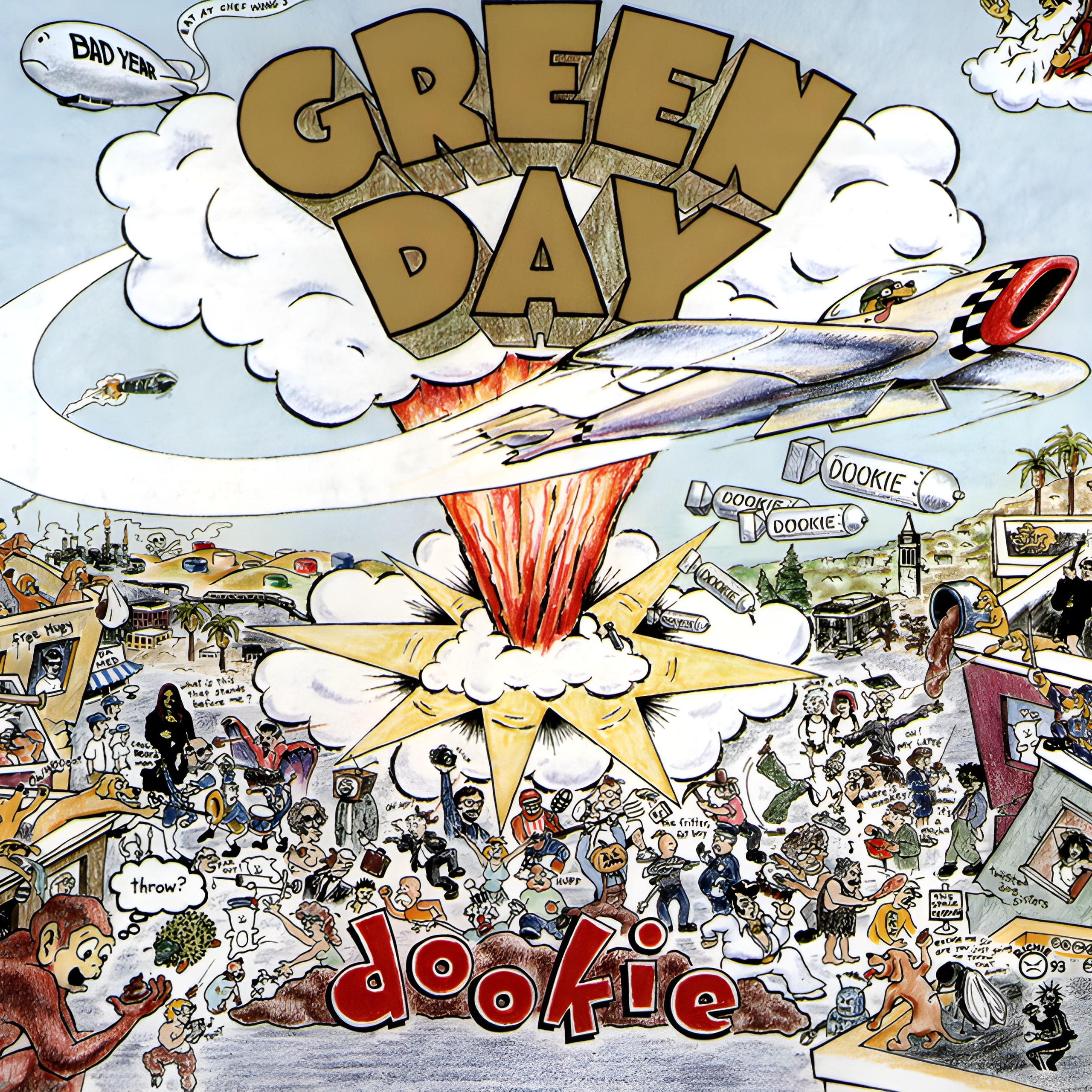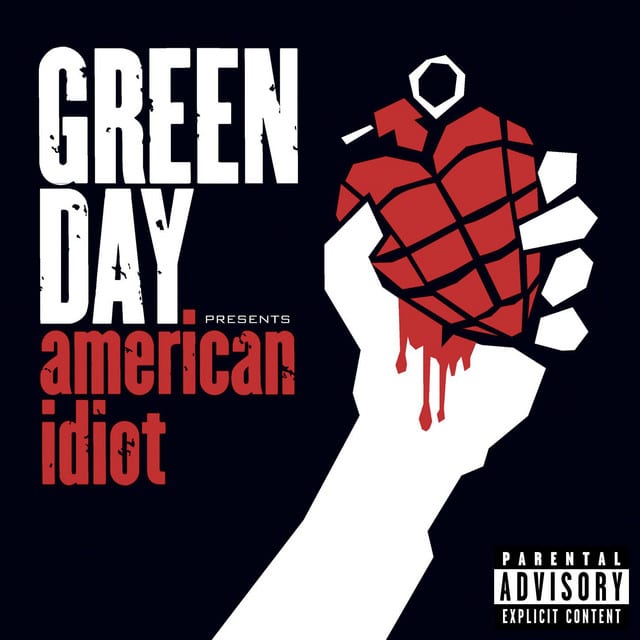Released: 2009
At its core, “21 Guns” by Green Day delves into themes of war, peace, and the internal battlefield of the human spirit. The song questions the worth of relentless fighting, urging for a moment of yielding in the face of overwhelming despair and defeat. Let’s break down what this rock anthem communicates through its piercing lyrics.
The opening lines, “Do you know what’s worth fighting for / When it’s not worth dying for?” challenge the listener right off the bat, asking if the battles we choose are truly significant. It’s a call to reassess our struggles, to understand the difference between what is crucial and what is futile. The sensation of being “suffocating” or having your “heart broken” is likened to the cost of these fights—emotional, physical, or otherwise—that leave us in ruins.
The chorus, “One, 21 guns / Lay down your arms, give up the fight,” is a powerful plea for surrender, not to an enemy but to the war we wage within ourselves or against forces that tumble us into despair. The number 21 is symbolic of a salute to the fallen, further emphasizing the theme of peace following conflict. “Throw up your arms into the sky” is not just about giving up, but a gesture of release, of letting go of the burden.
Moving deeper into the story, the verse “When you’re at the end of the road / And you lost all sense of control” portrays a moment of complete despair, where all that’s left is the wreckage of one’s spirit and faith. The imagery of “faith walks on broken glass” and nothing being “built to last” amplifies the sense of inevitable destruction and the fragility of hope amidst turmoil.
The song then takes a turn to introspect, with lines like, “Did you try to live on your own / When you burned down the house and home?” Here, Green Day hints at self-inflicted wounds, choices that lead to our downfall, questioning the very nature of redemption and if it’s possible from the things we’ve done wrong. The act of standing “too close to the fire” could be a metaphor for reckless actions, seeking forgiveness where none can be found.
Finally, “21 Guns” closes on a note of resignation and acceptance that sometimes, it’s time to “live and let die”—acknowledging that not all fights can be won and that part of us must perish for something new to emerge. It suggests a death of the old self, a surrender that isn’t about quitting but about accepting and finding peace within the ruins.
In essence, “21 We G” by Green Day is a powerful anthem that shares a universal message: there are moments in life when the bravest thing to do is to lay down our arms—be it anger, pride, or conflict—and embrace the vulnerability of peace. It’s a raw look into the heart of struggle, pushing us to think about what we’re fighting for and whether it’s truly worth the cost.








